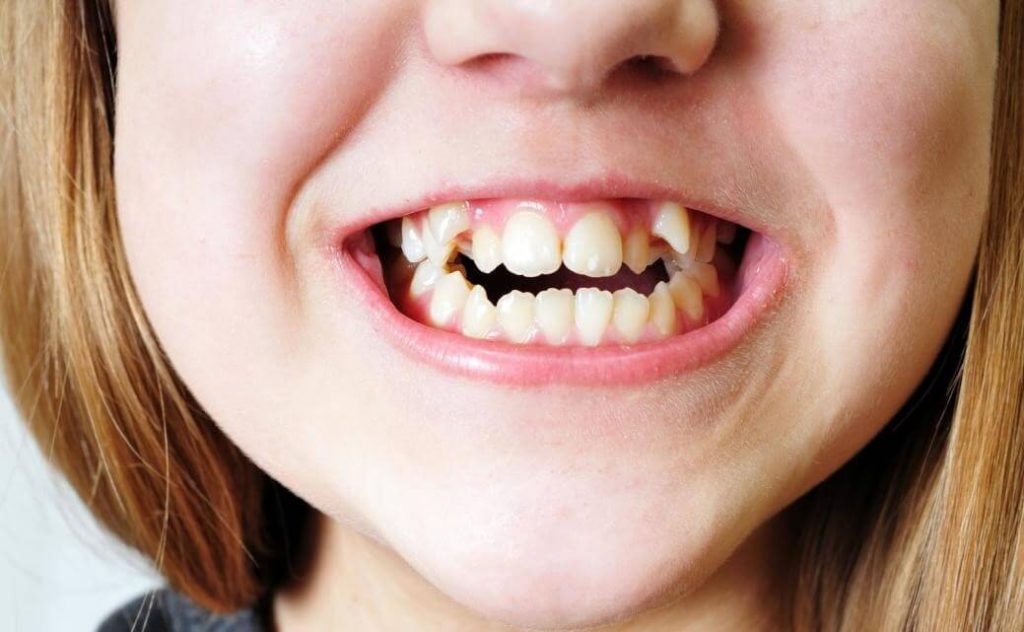Breathing from your mouth may not seem like a big deal – in fact, for many people it is their regular way of breathing but the truth is, this breathing pattern is abnormal and therefore can have some serious health consequences.
Mouth-breathing can be your body’s emergency backup, but not the default. For instance, if you start breathing through your mouth during nasal congestion, you should revert to healthy breathing – ”namely, nasal breathing” – when the congestion clears. After all, breathing through the nose is how our bodies are designed to breathe!
Our nasal passages prepare the air for delivery to the lungs by moistening and warming it like a humidifier. They are also our first line of defense against microbes and pathogens in the air. Additionally, they also produce nitric oxide – a key player in strengthening the immune system, which travels to our organs through the air we breathe.
Mouth-breathing, on the other hand, bypasses this entire process and creates imbalances in the body. It doesn’t deliver nitric oxide or any air-filtering properties for that matter. Breathing through your mouth is really only a survival mechanism to be used when nasal breathing becomes impossible. For example, if you need to run away from an animal threatening your life, it is appropriate to breathe heavily through your mouth in order to run faster.
In the US, approximately half of all children breathe through their mouths. Unfortunately, they’ve shown to demonstrate a poorer quality of health compared to those who practice nasal breathing.
In terms of dental health, mouth breathing dries out the oral cavity, especially during sleep, and decreases saliva production. Since saliva plays a significant role in neutralizing acid and washing away bacteria, its absence means more chances of developing gum disease, bad breath, cavities, and tooth decay.
Common Signs of a Mouth-Breather
Let’s look at some common problems accompanying mouth breathing:
- Snoring or drooling while sleeping
- Dry lips
- Chronic bad breath (halitosis)
- Various airway infections
- Crowded teeth
- Chronic fatigue
- Waking up irritable and tired
- Excessive mucus, congestion
How Mouth Breathing Leads To Cavities
If you wake up with a cotton-like dry mouth, chances are you’re sleeping with your mouth open. While this may seem like a harmless issue that can easily be fixed with a glass of water, a study indicates that people who breathe with their mouths are at greater risk of developing tooth decay.
The researchers in the study monitored the oral pH levels of 10 healthy participants over several days, half of which wore a nose clip while sleeping to stimulate mouth breathing, while the other half slept without a nose clip. The study’s findings showed that participants who were forced to mouth-breathe had a mildly acidic pH level of 6.6, compared to a neutral 7 during nose breathing. Moreover, the lead study author and doctoral candidate, Joanne Choi, found that the participants’ pH levels dropped as low as 3.6, well below the threshold of 5.5 when the tooth’s enamel starts losing minerals.
The main reason for the unfortunate link between tooth decay and mouth breathing is saliva. Saliva is our body’s natural defense against the growth of cavity-causing bacteria. Since mouth breathing dries out the saliva in your mouth, acid-producing bacteria thrive in saliva’s absence. The acid breaks down your teeth and irritates the soft tissues in your oral cavity.
Gum Disease
Apart from being at a higher risk of developing tooth decay, mouth breathing can also lead to gum disease, which can start a domino effect of various health problems. The studies have shown that there’s a connection between gum disease and various heart diseases, especially strokes and heart attacks.
The Culprit Behind Crowded Teeth: Mouth Breathing
Incorrect myofunctional habits in children like mouth breathing, reverse swallowing, thumb sucking and tongue thrusting are the real culprits behind incorrect jaw development and crowded teeth.

Our tongue rests in the roof of the mouth when our lips are closed. However, when the mouth is open, the tongue isn’t in the correct resting position, causing the jaws to narrow and push inwards. The poorer developed and narrow top jaw leads to overcrowding of the teeth.
Moreover, the narrow jaws set back in the face, resulting in reduced size of the upper airways, putting children at an increased risk of developing lifelong sleep and breathing disorders.
What To Do If You’re A Mouth Breather
Needless to say, nasal breathing plays a significant role in dental and the overall health of adults and children. If you or your children are struggling to break the mouth-breathing pattern, the Buteyko Breathing Method can help. It offers drug-free and holistic solutions to restore the natural balance of respiration. As a result, adults and children are able to establish nasal breathing 24/7, and by doing so, they eliminate various health disorders and create a foundation for optimal health and longevity. Breathing Center offers various programs to individuals and families to switch to breathing better.


